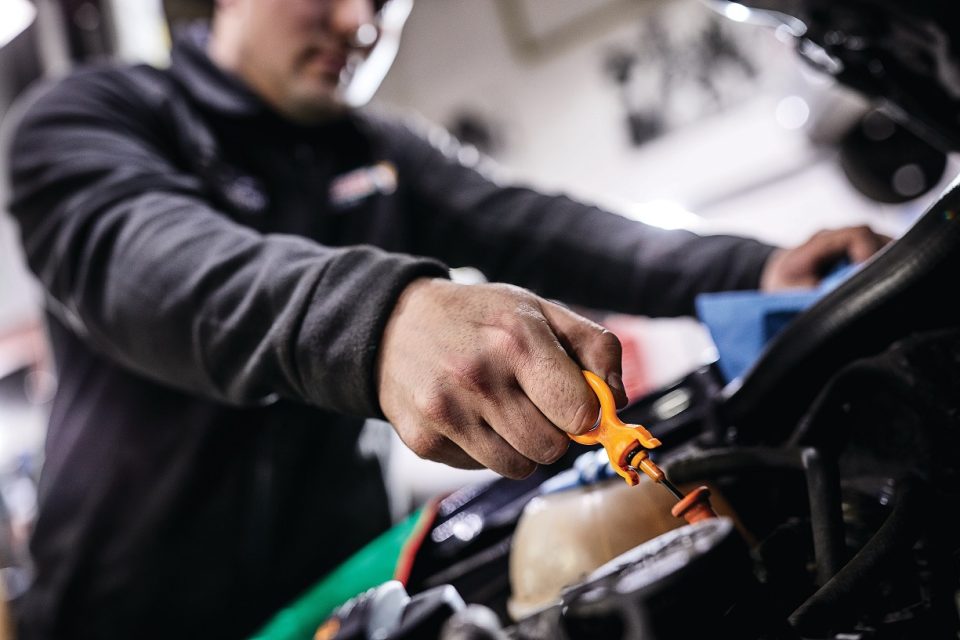
The festive season is upon us and for many that means travelling to holiday venues, to see friends and family, and to be part of celebrations. With the 2023/24 festive season road traffic statistics from the Department of Transport just out it’s a good reminder to take care and arrive alive. Castrol with its long experience in the motor industry, has some great advice.
“At Castrol, we care about our customers, their vehicles and their safety. Its what our business is built on. As we move into holiday mode at the end of 2024 and then into the new year in 2025, we’re adding our voices to the calls for awareness and safety on our roads,” says Jenny Heyes, Marketing Director Africa at Castrol. “Here are the stats to remind you, and our best tips to keep you and your loved ones safe as you travel through the festive season.”
The Department of Transport reports that human factors contributed 80,8% of crashes, environmental factors 10,4% and vehicle factors 8.8%. The report notes that 40.9% of those who died were pedestrians, 33.6% were passengers and 24.6% were drivers.
Responsible driving means ensuring your vehicle is in roadworthy condition and that you are fit to drive. It also means being aware of who is with you in the vehicle and who else is using the road. If the engine is on and you are the driver, their lives are in your hands.
Good to go?
- Do an 8-point check: tires (tread and pressure), windscreen and windows (clean and clear), lights (headlights, taillights, flickers, hazards, brake lights working), wipers, vehicle fluids (engine oil, brake fluid, power steering, coolant, screen washer), brakes, vehicle interior (tie down any loose objects), seatbelts.
- Check that your engine is fit for travel, especially longer travel. An oil change when its needed can make all the difference to the reliability and performance of the vehicle, keeping you on the road. It pays to choose the right oil. Our online product finder makes it easy.
- Get the professionals to do the heavy lifting. If you’re not handy around engines, tools and electrics, Castrol’s got you covered. You can find a Castrol workshop near you with just a few clicks. Our partners can offer a full service or just a friendly once-over to ensure everything is as it should be.
Plan well
- Check the route, plan your fuel stops. Get familiar with the route before you leave and be aware that fuel stations in rural areas may be far apart and keep different hours.
- Check the weather and condition of the roads, and drive when it’s safe to do so.
- Plan for the unexpected. Check your insurance and what roadside support you can expect – and have the emergency numbers on hand.
- An emergency car kit may include a first aid kit, flashlight, jumper cables, a power bank to charge your phone. Stock emergency food and water, and something to keep you warm – just in case. And don’t forget the spare wheel, jack and warning triangles.
Defensive driving
Defensive driving makes the road safer for everyone. The first rule of defensive driving is ‘assume nothing’. Do not depend on other drivers to do what is expected and you will not be caught off guard.
- Be aware of everything around you, the condition of the road, other vehicles, people and animals using the road – and anticipate errant behaviours to avoid dangerous situations.
- Make sure everyone in the vehicle wears a seatbelt at all times; it’s not negotiable. It can save their lives in the event of an accident.
- A healthy following distance is two to three seconds – it gives you time to react. If conditions are poor, double that distance.
- Drive predictably. Check your mirrors regularly, avoid distractions, and know the rules of the road.
- Be cautious on the road but be polite and be savvy – driving too slow is dangerous too. And be patient; your irritation (dangerous overtaking or a frustrated hoot) can startle others into error. Arrivealive has more on this.
- Stay alert. Fatigue is dangerous. Be well rested before you start your journey. Good drivers take a break every two hours or 200km. Turn into a rest stop, have a drink, stretch your legs.
Be confident
“If you are travelling this festive season, do the safety checks, be considerate and take care,” says Heyes. “We wish you a safe journey into 2025.”
INFO SUPPLIED.


